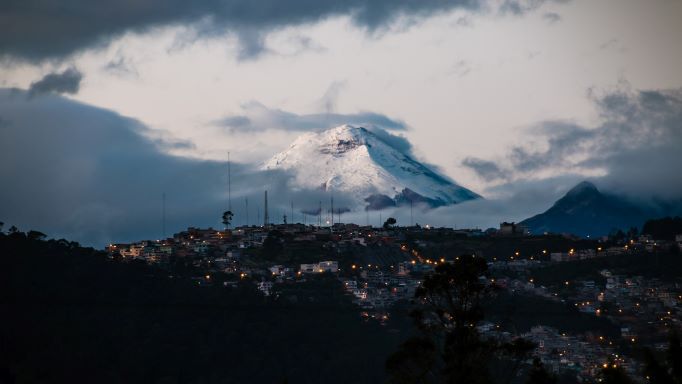What kind of country is it and what is life like in Ecuador?
It's time to visit the Republic of Ecuador in South America. The Republic of Equator gets its name from the fact that the Equator cuts through the middle of the country. This geographical feature accounts for the constant day and nighttime hours there throughout the year.

Let's check out the Republic of Ecuador in South America. The name "Republic of Equator" comes from the fact that the country is split in half by the Equator. Because of this, the time of sunrise and sunset does not change there throughout the year. The sun comes up at 6 a.m. and goes down at 6 p.m. Every day and night is 12 hours long, no matter if it's winter or summer.
Geography of Ecuador
The land that is now Ecuador has changed hands many times, and its size has grown and shrunk due to wars and peace agreements with its neighbors. Ecuador was a part of the Inca Empire until the Spanish "found" it in 1533. On the other hand, Independence Day from Spain has been celebrated since May 24, 1822.




